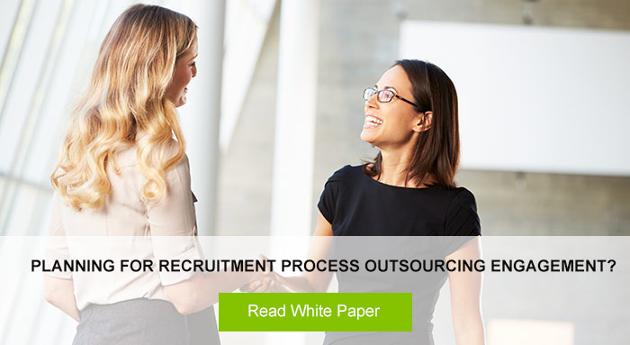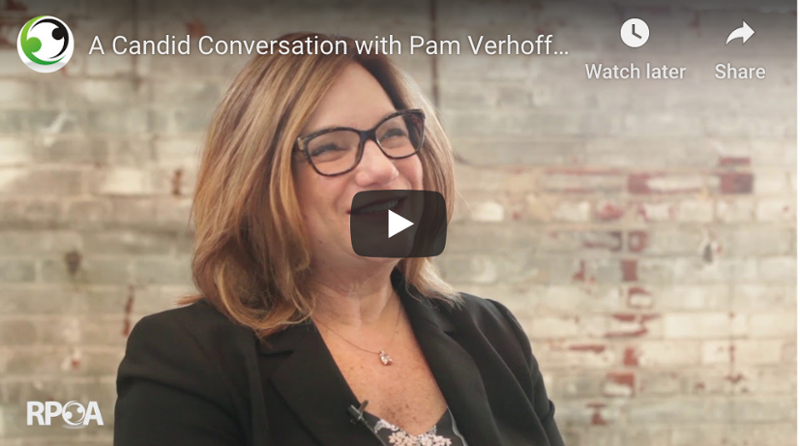 As recruitment process outsourcing has been evolving over the past couple of decades, RPO delivery models have been changing and RPO engagements have become more defined. In this edition of our #AskAnRPOExpert series based on an interview with Pam Verhoff, Advanced RPO President, Verhoff explains common challenges of RPO customers and types of engagement.
As recruitment process outsourcing has been evolving over the past couple of decades, RPO delivery models have been changing and RPO engagements have become more defined. In this edition of our #AskAnRPOExpert series based on an interview with Pam Verhoff, Advanced RPO President, Verhoff explains common challenges of RPO customers and types of engagement.
RPOA: What are the most common challenges RPO customers face?
Verhoff: RPO customers (ie.,companies looking to outsource their recruiting function) are most often faced with capacity and budget constraints. Clients most often are experiencing high growth, but have a limited budget in which to invest in talent acquisition. It’s often the decision to build or to buy. Building out a recruitment function adds fixed cost to the organization and capacity, and expertise is limited to those that are hired. Buying, through an RPO partnership, provides a solution that scales with the growth of the organization and also provides access to the recruitment expertise of an entire organization.
From a more strategic perspective, RPO customers may be challenged with aligning their recruitment strategy with the business strategy. Every industry is becoming more and more its own niche, which requires a specialized recruitment approach. The right RPO partner will be able to provide the depth and breadth of recruitment to meet those specialized needs.
What are the types of RPO relationships in the marketplace?
Many RPO providers offer the marketplace various “models”. The models have been defined as an effort to educate potential buyers. Generally, the RPO models range from a fully outsourced relationship to just sourcing candidates, and are inclusive of everything in between (hybrid models).
- A fully outsourced relationship is one where the RPO partner is operating as a true extension of the client’s HR team. The RPO partner is accountable for filling every opening within the organization; it manages all recruitment spending, manages the ATS (Applicant Tracking System), interacts directly with the hiring managers, and provides recruitment analysis and strategy to leadership.
- A sourcing only relationship is one where the RPO partner is simply generating candidate names, based upon the requirements provided by the client. The client is then responsible for managing those candidates through the remainder of the recruitment and selection process.
- A hybrid model is one that falls anywhere in between those two.
As we advise potential buyers, it’s important to focus on developing the right solution/relationship, through an understanding of business drivers, rather than trying to force them into a predetermined “model”.
For more information from Verhoff including how to evaluate RPO providres, key elements to include in an RPO contract, how to get executive level support, and important factors for a successful RPO relationship, download white paper: Planning for a Recruitment Process Outsourcing Relationship with Pam Verhoff.
About Advanced RPO
With over 20 years of hands-on experience in recruitment process outsourcing and talent acquisition, Advanced RPO possesses the industry’s most experienced leadership and delivery teams devoted to building progressive RPO solutions that are highly tailored to clients’ unique needs. Advanced RPO is part of the Advanced Group. For more information, visit: www.AdvancedRPO.com.















